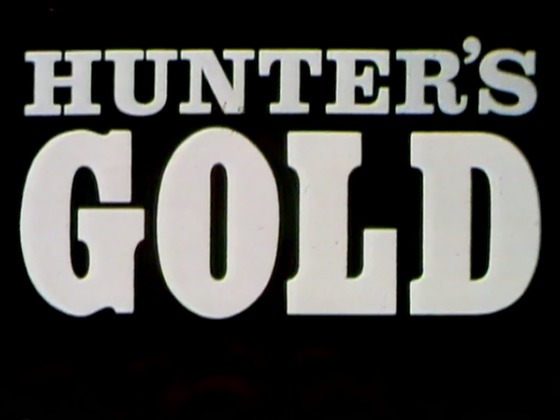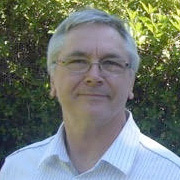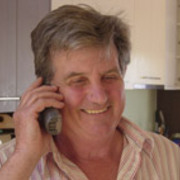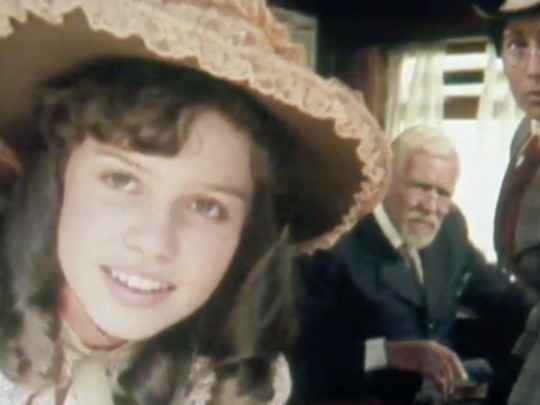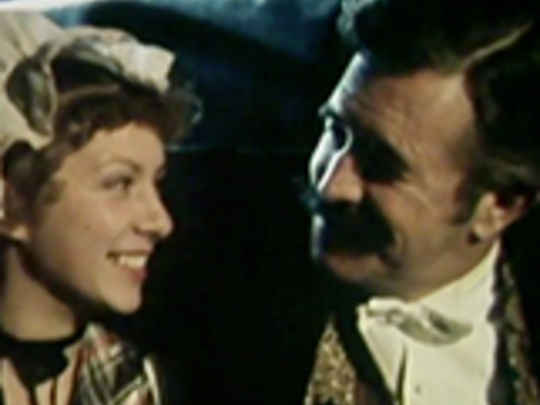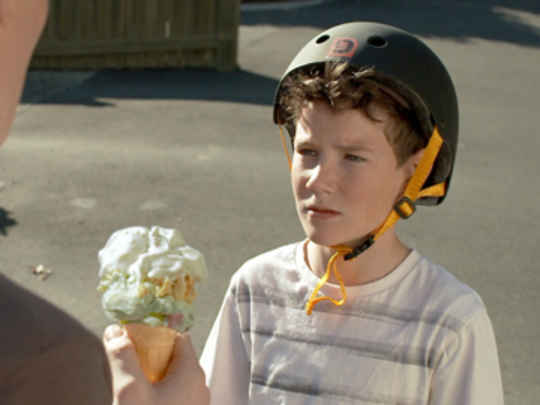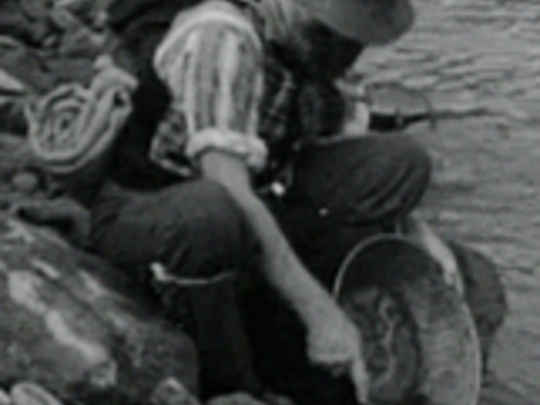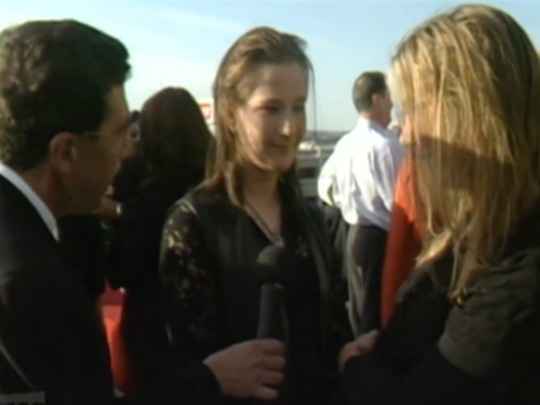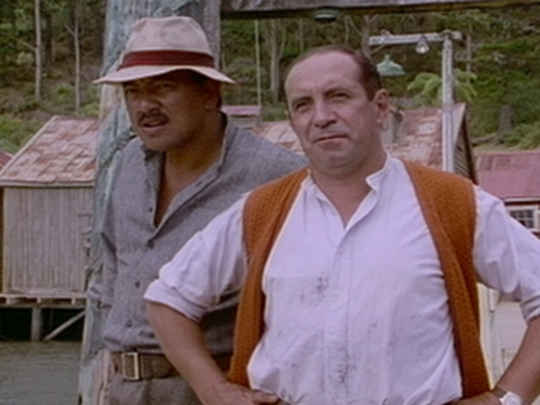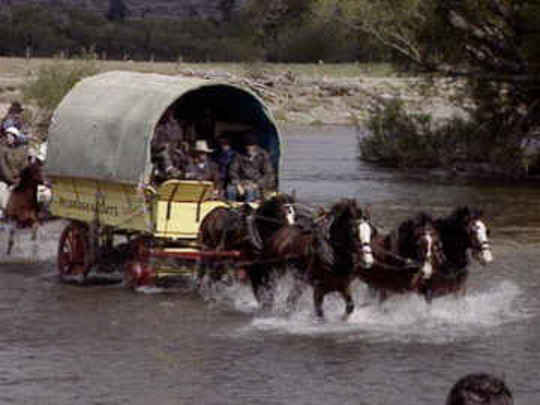Taking a Call from New Zealand
When Kevan Moore, Head of Programmes for the second channel, phoned me in 1975, I imagined it was to do a variety show. After all, it had been Kevan who had got me into television in the first place, plucking me from student revue in Auckland to write jokes for Pete Sinclair and a special for entertainer Ricky May.
“Hello Roger,” he purred, “All is forgiven, time to return. Cold winds are blowing in Australia”. They weren’t of course, but that’s how he spoke: all part of his showman appeal.
I had resigned from lawyers Russell McVeagh in 1971 and headed to Australia, since I couldn’t get any writing work in drama, even part-time. In those days it all happened out of Wellington. Soon I was writing cop shows for Crawfords and was one of four writers on epic series Power Without Glory. Ironically, I had written more drama for New Zealand television since I’d left: Richard Pearse in 1975, and two episodes of Winners and Losers in 1976.
But back to Kevan Moore. It wasn’t variety that Kevan wanted, but something altogether more surprising: “I’m sending over my man: he’ll tell you”.
His “man” was none other than John McRae, TV2's new Head of Drama: ex BBC, two Emmys, a New Zealander with an impeccable record, and an irresistible challenge: a big-budget children’s series with a period setting, in 13 half-hours — with cameras rolling in less than six months.
Children’s why? It’s less competitive than adult drama, and so international sales are more achievable. Period why? It has a longer shelf life because it doesn’t date. 13 parts why? It’s the minimum the market-place buys. And shooting so soon? I have to spend my budget. Why me? The Crawfords training: you’re trained to write to budget. And you’re a Kiwi. “Any more questions? You’re wasting time, and time is something I haven’t got”.
Having grown up in Dunedin and Central Otago, the gold rush was an obvious subject. So I fashioned a pitch about a boy who went looking for his father after he failed to return from the goldfields. I named him Scott Hunter after my nephew. McRae loved it and said go, though the script editor, Graeme Farmer thought the schedule was ridiculous. It was of course, but the die was cast and so McRae moved Graeme onto something else and I was suddenly flying without an editor. “He’ll only slow you down,” said McRae. “Any more questions?”
I wrote an extended storyline so the designer — the brilliant and irrepressible Logan Brewer — could get underway, then produced first drafts of the 13 episodes in seven weeks, all pretty well to budget. Then we finessed after that. It was exhilarating, and the most freedom I ever enjoyed until I established my own production company with Roger Le Mesurier in the early 1980’s.
There was only one moment of conflict: when director Tom Parkinson wanted to kill off Scott’s father in episode 13, after his son had finally found him. But John McRae flew me over and we sorted it out — and thankfully a kidult series didn’t end with a funeral.
The following year, we did it all again with Gather Your Dreams (1978) also directed by Parkinson, the adventures of a travelling vaudeville troupe in the Coromandel during the depression. And the next year as well, the best of them all: Children of Fire Mountain (1979), this time directed by Peter Sharp (who I'd work with again in Australia); a tale of two races set amidst the myth and bubbling mud of the thermal region, at the end of the 19th Century.
Yet another was planned — and scripted in full — in 1980, Raider Of The South Seas, about kids and coastwatchers in the far north during WWll, with a ‘mystery sloop’ that might be an enemy raider. But it was shelved and not made for another ten years, because it was time for John McRae and TV2 to step up to adult drama.
Sadly, I didn’t participate in any of that, for the Australians were beginning to think I’d gone home and I had to concentrate on projects there. By 1980 I had started my own production company with Le Mesurier (who had produced Gather Your Dreams and Children of Fire Mountain). My Trans-Tasman days were over. Well at least until now: I hope to complete the circle and make a feature film in Wellington next year.
These days we have a holiday house at Lake Hawea, where I go to write and recharge the batteries four or five times a year. (True, the Maungawera Valley Whisky Appreciation Society is part of the attraction, as is watching the Highlanders win on the big screen at the Lake Hawea pub). But each time I cross the bridge on the Shotover, just downstream from Tuckers Reach, where we built our goldfields town for Hunter’s Gold, I remember with affection our own pioneering days in television. None of us you could call experienced: we were all learning as we went. Five years at Crawfords and the ABC had been a useful apprenticeship, but I was still only thirty-two, as was Logan Brewer. Peter Sharp was a year older, and Le Mesurier five years younger.
Many 100s of hours of television and two feature films later, I cannot recall a more enjoyable adventure than the writing and making of Hunter’s Gold, the first of John McRae’s ‘incubator’ projects that put TV2/South Pacific Television on the map internationally as a reliable supplier of quality family programmes — and helped the rest of us flex our muscles, and prepare for the important ‘grown-up’ drama that lay ahead.
- Roger Simpson wrote pioneering local dramas Hunter's Gold, Gather Your Dreams and Children of Fire Mountain, and an award-winning teleplay on aviator Richard Pearse. Long based in Australia, he has written and produced many TV dramas, and won eight Australian Writers' Guild awards, and four gongs from the Australian Film Institute.
Back to top
Landscape as Character
In January 1976, a little over 40 years ago, I was on a recce with Brian Walden, for what was to be New Zealand’s first major international drama series. I stood half way up a mountain overlooking Central Otago’s Moke Valley. For the first time in my life, I could see clearly for at least seventy kilometres around me, yet there was no sign of a human footprint, not a building, a telegraph pole, let alone a road.
It was magnificent.
We had found the show’s star, the tent pole for the series, that old character actor, the New Zealand Landscape. If we were to make this TV series work for an NZ and international young person’s audience, then this old thespian would be the central dominating image. The look that would guide and inspire technicians; a vision that actors could work with and react to.
The key creatives, writer Roger Simpson, producer John McRae, editor Chris King, and soundie John Chalk were all South Islanders, and the old performer was part of their childhood: they knew and loved its theatrical demeanour. Also key was art director Logan Brewer, a North Island country boy. Back when we were both students at St Martin’s School of Art in London, we’d discussed the intricate part landscape could play in storytelling. We were both cowboy movie aficionados, aware of how John Ford had made the landscape resonate in his westerns by allowing it to capture the drama of their story.
Brian Walden and I returned to Auckland, ready to take the next steps. First, put together the production team and equipment. Secondly, find a young actor to play Scott Hunter, and cast the rest of the show.
The search for technicians was handled by Walden, affectionately known as the Sarge. The broadcaster financing the series — newly-born second channel South Pacific Television (TV2) — was based in Auckland and Christchurch. Unlike the wider crew and equipment options available in Wellington, Auckland and Christchurch offered a limited number of freelancers centred on a small TV commercials business. Fortunately grip Peter Mardell had recently arrived home from Australia. Snapped up by the Sarge, he quickly got to work gathering all the myriad of technical equipment required, from cranes to walkie-talkies.
In Christchurch I met experienced floor manager Tony Holden, although he’d never worked on a location film drama before. Holden told me he didn’t mind being disliked. “It comes with job, if you are doing it right”. The perfect attitude for a first assistant. I also met editor Chris King; we decided he would edit and compile on location. Back in Auckland, John McRae introduced me to Margaret O’Carroll, a Television Production Assistant [TPA] who was keen to learn continuity. She had the perfect temperament: unflappable.
The production team was coming together — now the casting. In 1976 the words casting director were not in the New Zealand TV crew’s lexicon. It was mid-January, and we were due to start shooting in eight weeks. By then Roger Simpson had delivered six draft scripts, and seven outlines with character breakdowns.
John McRae and I agreed we had to cast the young lead Scott Hunter first. I had worked with Victor Spinetti [Welsh actor/director] casting many European productions of Hair, and he’d used the technique of finding untrained street talent by casting from a structured drama class. Margaret called most of the drama teachers in Auckland, and arranged four separate classes of ten boys per session, at the rehearsal rooms in Hargreaves Street. In the second class there was a boy from Auckland Grammar who was interesting. I asked him back for the fourth class. McRae and I watched him carefully on his return: the correct age, right look, a natural actor and a good physical character. He took directions, he was our Scott Hunter — his name was Andrew Hawthorn.
McRae had once worked with the New Zealand Players, and had plenty of contacts for solid character performers like Gabriel Prendergast, Ken Blackburn and Ernie Stanley. Roger Simpson had written a brilliant two-parter about a magician called Marvello, perfect for Ian Mune. For the goldfields hotel owner with a heart of ‘gold’, Brit Illona Rodgers, now living in Christchurch. Casting was on its way.
Unfortunately on the equipment and admin side, things were getting fraught. Equipment ranged from antique to ultra-modern. So modern we sometimes didn’t know how it worked, while others were so antique we wondered if they would work. We had three well-used cameras: one for the set, one for standby and one for repairs. (in the 12 week shoot, they rotated a number of times.)
With only three weeks to shooting day we had to design New Zealand templates for standard day to day paperwork, to help keep track of one of the country’s first television shoots that took place entirely in an isolated location. Papers like the daily call sheet, the camera log, and the completed shot list. Contracts for performers from international pay scales.
Tempers were fraying. A different attitude had to be created, namely “Don’t worry if you make a cock up, laugh at it and enjoy trying another way.” If that didn’t work and gaffer tape wouldn’t fix it, enjoy the innovation. Have fun being the first of a new tradition. You can only pioneer once in a lifetime, so make the most of it.
The change of attitude worked, and continued right through the shooting and post-production. In fact a lot of crew and cast remember it as the happiest shoot they ever worked on.
Before we made our way to start final prep and shooting in Queenstown, John McRae and I had a final meeting with the TV2’s Director-General Allan Martin and Head of Programmes Kevan Moore. Both had faith in the team, and heroically pushed the project through the bureaucracy. Leaving their office with a bounce of optimism, we bumped into a leftover BCNZ retread, who told John and I acidly that we had “put our heads in the noose with this one.”
Noose or no noose, the show in question started shooting in late February 1976, and finished on schedule and budget. Not only was it extremely popular in New Zealand but it played four times on the BBC, and became one of the biggest-selling series Thames TV’s distribution arm ever had.
- Tom Parkinson directed dramas Hunter's Gold and Gather Your Dreams, before working with everyone from Billy T James to Hudson and Halls. He spent time as Television New Zealand's Head of Entertainment, then set up company Isambard, initially as part of new channel TV3. In the 90s he was chief executive of Australia's Crawford Productions.
Back to top
